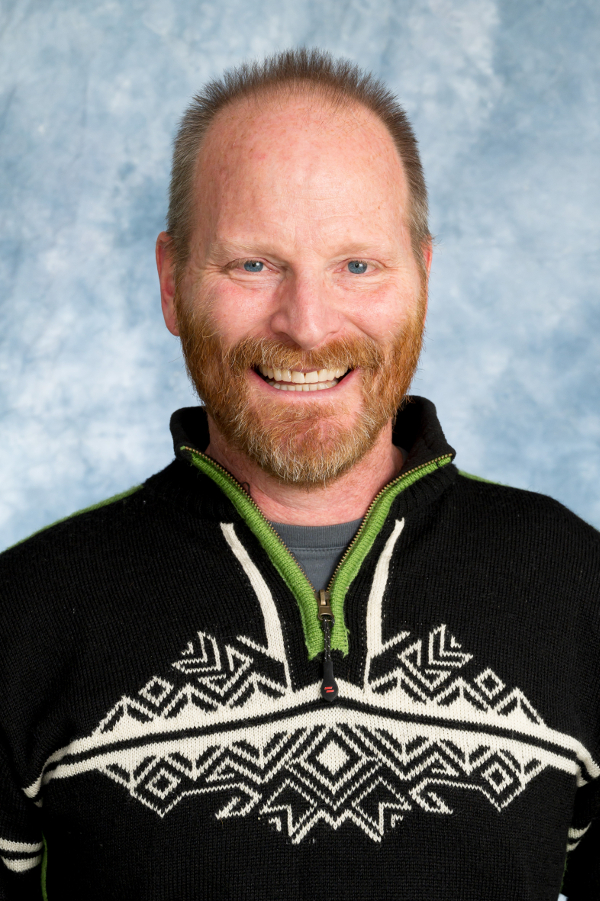Welcome to the first-ever Systems Engineering Faculty Friday!

Each Friday, a different faculty (and staff) member will be featured answering different questions ranging from their research to what they do in their free time.
Dr. Steve Simske is our first featured faculty member. He started with the SE department in 2018.
His research interests include analytics, system security, sensing, signal and image processing, printing and manufacturing, and situationally-aware robotics.
Q: Where are you from?
I was born in San Diego but moved an average of once a year until I was 30.
Thirty mailing addresses in my first 30 years (not an exaggeration, that is exact) in California, Colorado, Idaho, Kentucky, Iowa, Wyoming, Wisconsin, Utah, New York, Florida, and once more Colorado, which became my “permanent” home again after university.
Q: What drew you to your research areas?
I am a biomedical engineer by training, so got to work on a lot of diverse projects which gave me diverse interests I’ve never lost. I can’t say “no” to any interesting new field to learn, either, but I probably should.
Q: How do you define systems-thinking?
Systems Engineering is analogous in many ways to biomedical engineering, except on man-made components, subsystems, systems, and devices, instead of cells, tissues, organs, and organ systems. SE is thinking modularly, about how to scale, about how to manage risk.
In biomedical engineering, we make sure not to kill the patient; in SE, we make sure not to kill the product line by incorporating test and measurement, risk, safety, security, and sustainability from the bottom up. Both biomedical and systems engineering cannot retrofit safety, security, risk management, data plan, or sustainability after the fact, so both use a mature, data-driven development cycle with specific steps and checkpoints.
Q: What do you like to do when you aren’t working?
Read, play games with friends and family, hike, basketball (can still do this on the driveway during Corona Era), and write.
Q: Who inspires you?
My spouse (Tess), my talented sons, and so many talented people I’ve had the chance to work with and learn from over the years.
At the historical level, great people of history, from Marie Curie and Pascal to Shakespeare and Mozart.
Q: What’s a fun fact about you many people may not know?
I’ve been to every US state at least twice, and not intentionally!